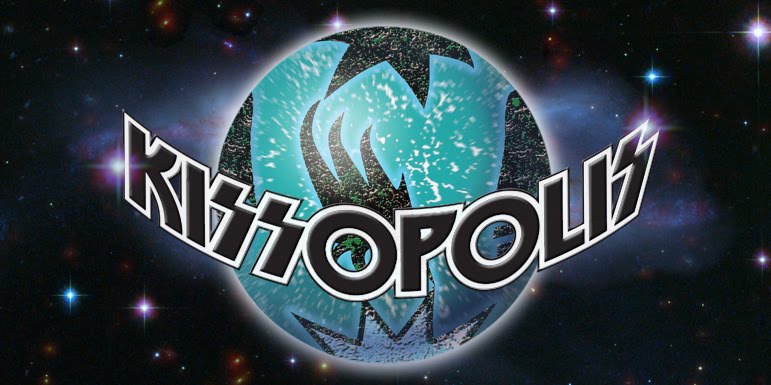 Q & A: Gene Simmons
Q & A: Gene SimmonsMacleans.ca
The Kiss bassist on his ego, his Playmate, his surprisingly normal kids, and his very traditional parenting style.
Famous for onstage blood-spitting and tongue-waggling, the Kiss bassist and singer also appears in a hit reality show, now in its fifth season, with actress and former Playboy Playmate Shannon Tweed and their two children. Born Chaim Witz, he immigrated to New York from Israel with his mother, a concentration camp survivor, when he was eight. Today, his far-flung business empire includes comic books and a marketing company with international interests.
Q: Your public image is over the top, but judging by your reality show, Gene Simmons Family Jewels, your kids, Sophie and Nick, are normal and well-adjusted. What’s your parenting philosophy?
A: Never negotiate with kids. They don’t have life experience, and they don’t have repercussions for bad decisions, they still get fed and housed. And most importantly: I’m bigger! Don’t hit, but don’t pander or give power to kids. They have to know where the power lies. Otherwise, why would they respect it?
Q: You’ve never done drugs or gotten drunk. How did you teach your kids to resist peer pressure, growing up in Hollywood?
A: If Sophie came home high or drunk, she’d find her Beverly Hills butt in the middle of the Arizona desert in a work camp. I’m deadly serious. The only jobs kids have are to do well in school, to be charming and polite, and be thankful. That’s it. I’ll house you, protect you, I’ll even give my life for you, and in return, you will behave.
Q: They’re both straight-A students. What if they brought home a bad report card?
A: The world would shake. Everything would stop. And they would have a short time to change that, or there would be repercussions.
Q: Doesn’t the family dynamic change when there are cameras filming you all the time?
A: Not at all. If cameras change what the family is, there is no family.
Q: Do you worry about the long-term effects of this sort of exposure for your children?
A: No. It’s their choice whether to participate or not. Sophie said she didn’t want to be a in few episodes, so she wasn’t. And they’re both grown up now. Sophie is 17 and she’s the captain of her volleyball team, arranging her own college applications. Nick is 20 and six foot seven, and his graphic novel, Incarnate, is in its third printing. They are their own people, though they certainly have their mother’s genes—they’re both beautiful—and hopefully they have some of their dad’s balls, where you grab life by the scruff of the neck and demand that it acknowledges that you’re here. Sitting on your butt and waiting for opportunity to knock is nonsense. You’ve got to do what a gorilla does: put your foot firmly on whatever is yours, beat your chest and yell out, “I’m here.”
Q: Humility isn’t one of your defining characteristics.
A: If you’re the greatest, it’s okay to say you’re the greatest. My suggestion to everybody is to be their own greatest fan. Weaker personas and personalities define that as egotistical or arrogant, but what it means is their self-esteem isn’t that strong.
Q: Why did you call your last solo album Asshole?
A: It’s a way to take away the power of somebody else using the word. If a fat comedian steps up on stage and says, “A big hello to all my fat friends,” it’s a way to immediately empower himself by saying, “Right, I am fat.” I’ve been called an asshole by all kinds of people in all walks of life. I used to feel the same, by the way, about Cassius Clay, which is what his name was when I first saw him, before he was anybody, yelling into the camera, “Floats like a butterfly, stings like a bee. I am the greatest.” I’m thinking to myself, “Who the f–k does he think he is?” But see, that’s profoundly, exactly, what it’s all about: who do you think you are?
Q: So you think you’re an asshole?
A: To people who don’t have a very good sense of themselves, yes. Or to people who don’t understand me—I think they’d like me if they got to know me—or who just can’t deal with what they call “the big ego” and what I call “a self-confident man.” But to people who understand? Oh no.
Q: Why do so many journalists have this idea that you lack a sense of humour about yourself and your image?
A: Because I enunciate and speak four languages. When I’m talking to a journalist—not you, necessarily—they’re not on my level.
